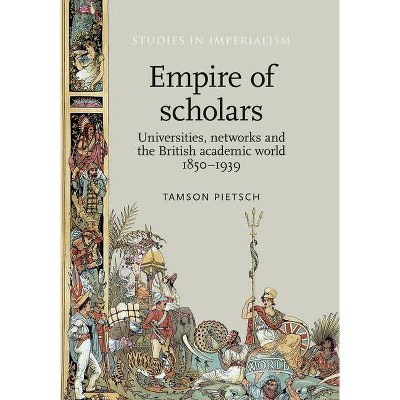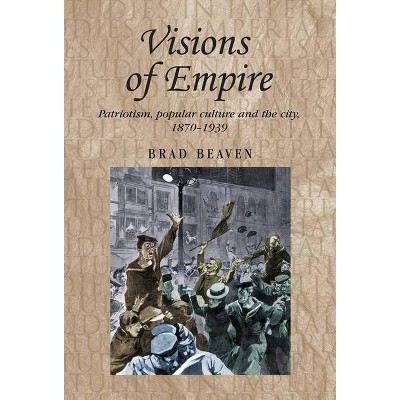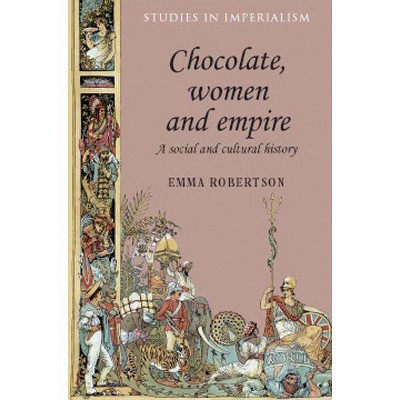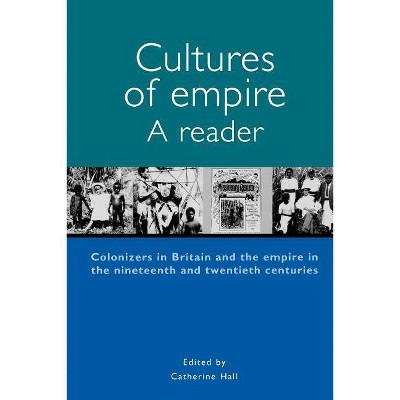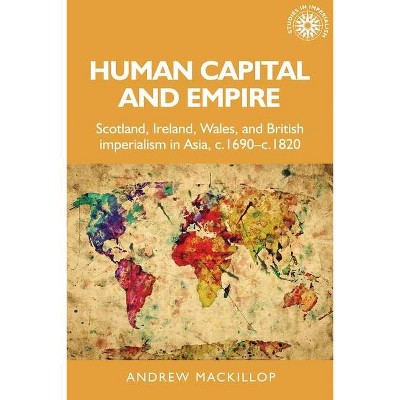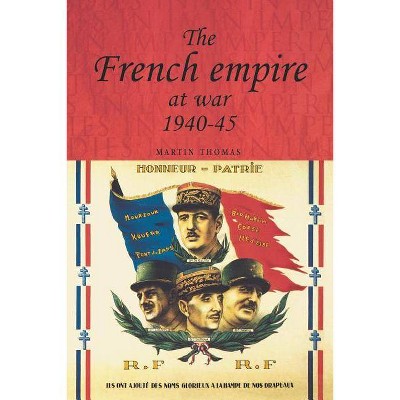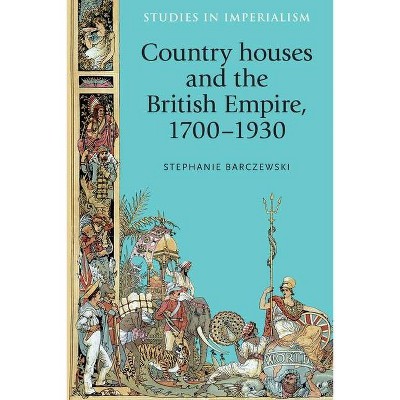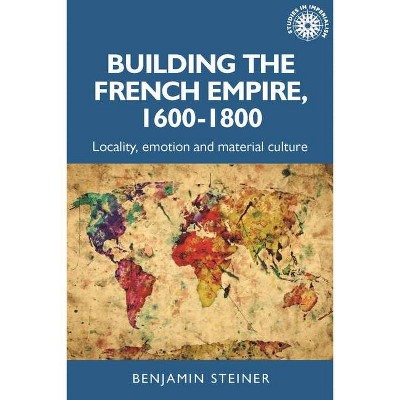Exporting Empire - (Studies in Imperialism) by Christopher Prior (Paperback)
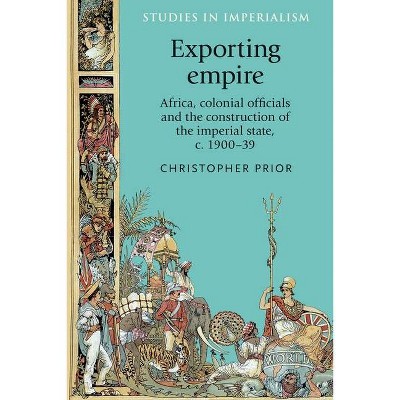
Similar Products
Products of same category from the store
AllProduct info
<p/><br></br><p><b> About the Book </b></p></br></br>Looks at the attitudes of colonial officials in Africa who served between the end of the19th century and WWII, as well as what shaped such attitudes, including education and training, interrelationships, infrastructural change, and anti-colonial nationalism.<p/><br></br><p><b> Book Synopsis </b></p></br></br>For Africans, rank and file colonial officials - the 'men on the spot' - were the most visible manifestation of Britain's imperial presence on their continent. For Britons, over time officials came to be celebrated as exemplars of a noble commitment to altruistic overseas duty. But in spite of their importance in administering such vast imperial territories, the attitudes of officials who served between the end of the 'Scramble for Africa' and the Second World War, as well as what shaped such attitudes, have yet to be examined in any systematic manner. A great deal of research has been undertaken on the impact of empire upon British society; what is needed is an assessment of the extent to which any metropolitan ideas about empire were subsequently exported out to Africa via colonial administrators. <p/>In this original and revisionist work, Prior draws upon an enormous array of private and official papers to address some key questions about the colonial services. How did officials' education and training affect the ways that they engaged with Africa? How did officials relate to one another? How did officials seek to understand Africa and Africans? How did they respond to infrastructural change? How did they deal with anti-colonial nationalism? <p/>Besides providing a focused assessment of colonial officials' intellectual worldviews, Prior assesses the value of some of the latest theories of empire in furthering our understanding of colonial Africa, meaning this work will be of importance to students and lecturers alike interested in British, imperial and African history.<p/><br></br><p><b> From the Back Cover </b></p></br></br>For Africans, rank and file colonial officials - the 'men on the spot' - were the most visible manifestation of Britain's imperial presence on their continent. For Britons, over time officials came to be celebrated as exemplars of a noble commitment to altruistic overseas duty. But in spite of their importance in administering such vast imperial territories, the attitudes of officials who served between the end of the 'Scramble for Africa' and the Second World War, as well as what shaped such attitudes, have yet to be examined in any systematic manner. A great deal of research has been undertaken on the impact of empire upon British society; what is needed is an assessment of the extent to which any metropolitan ideas about empire were subsequently exported out to Africa via colonial administrators. In this original and revisionist work, Prior draws upon an enormous array of private and official papers to address some key questions about the colonial services. How did officials' education and training affect the ways that they engaged with Africa? How did officials relate to one another? How did officials seek to understand Africa and Africans? How did they respond to infrastructural change? How did they deal with anti-colonial nationalism? Besides providing a focused assessment of colonial officials' intellectual worldviews, Prior assesses the value of some of the latest theories of empire in furthering our understanding of colonial Africa, meaning this work will be of importance to students and lecturers alike interested in British, imperial and African history.<p/><br></br><p><b> About the Author </b></p></br></br><br>Christopher Prior is Lecturer in Twentieth Century History at the University of Southampton<br>
Price History
Price Archive shows prices from various stores, lets you see history and find the cheapest. There is no actual sale on the website. For all support, inquiry and suggestion messagescommunication@pricearchive.us
